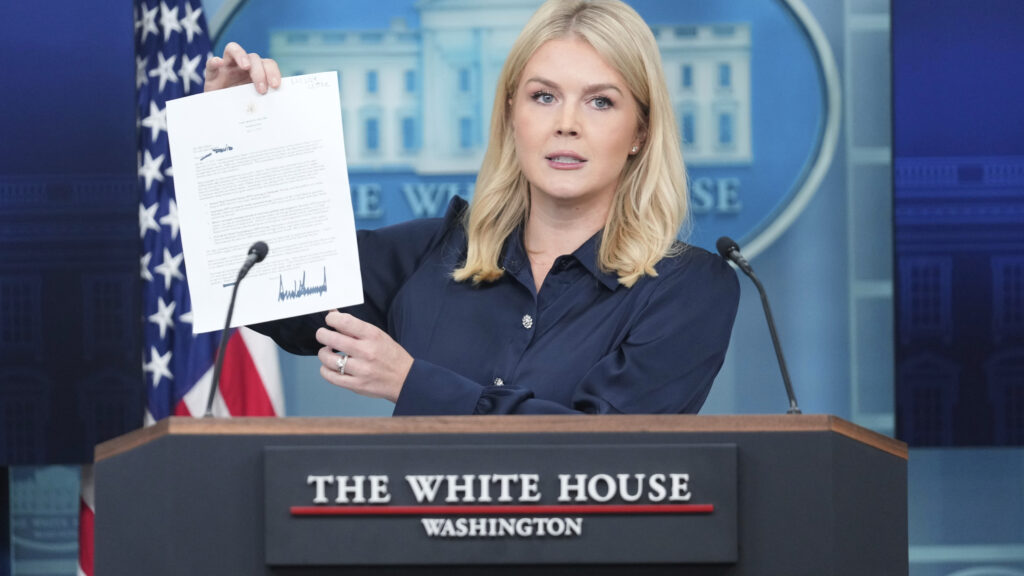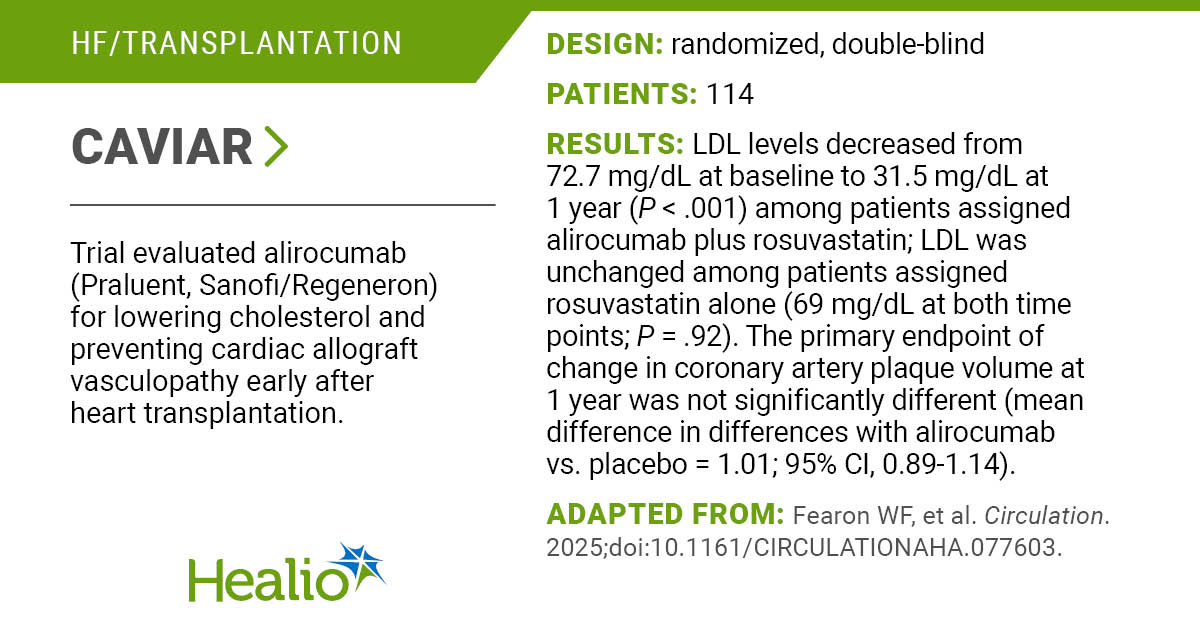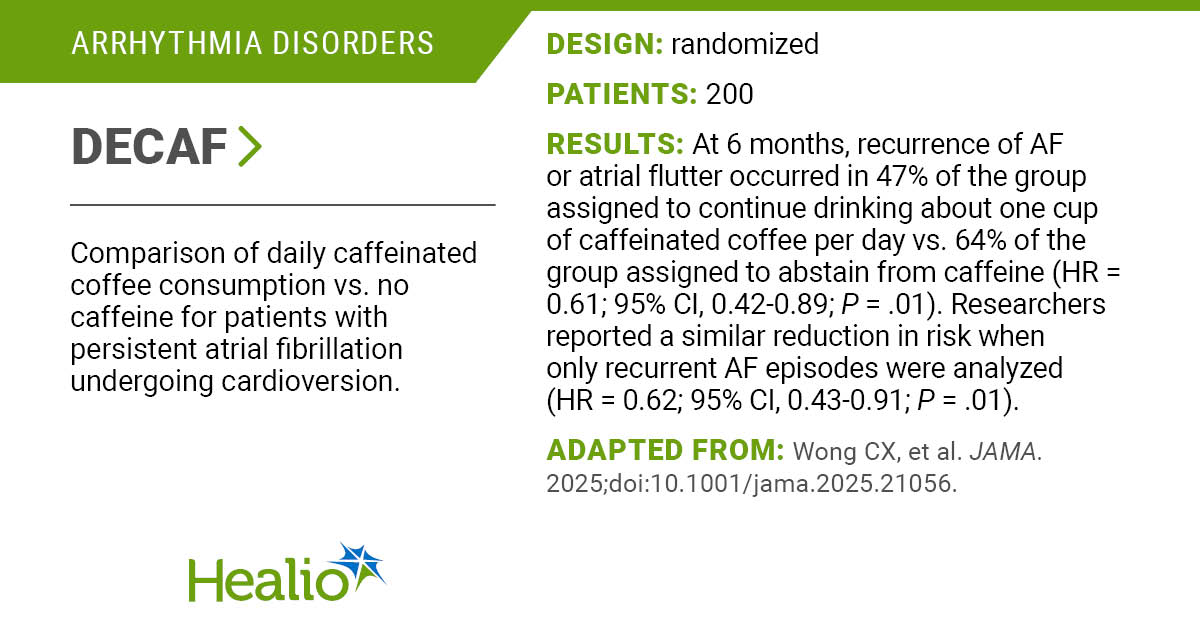President Trump escalated his demands that pharma companies lower U.S. drug prices in line with what other countries pay, sending letters to 17 major drug companies Thursday that called on them to take actions by Sept. 29.
He specifically asked the firms to: provide their full portfolio of drugs to Medicaid patients at prices in line with what other major wealthy countries pay; guarantee that new drugs will be offered to Medicare, Medicaid, and commercial payers at those lower prices; implement direct-to-consumer distribution models for “high-volume, high rebate” drugs; and repatriate increased revenues that they earn abroad back to the U.S.
The companies he sent letters to were: AbbVie, Boehringer Ingelheim, Bristol Myers Squibb, Novartis, Gilead, EMD Serono, Pfizer, Novo Nordisk, AstraZeneca, Amgen, Genentech, Johnson & Johnson, GSK, Merck, Regeneron, Sanofi, and Eli Lilly.
Pfizer said in a statement that it is working with the administration to “increase access and affordability for American patients and enhance the power of the biopharmaceutical innovation ecosystem.” It called the discussions “productive.”
Most-favored nation drug pricing has long been a goal of Trump, since his first administration. He renewed the effort in his current term with an executive order in May, but drugmakers said they’ve been getting little direction from the government.
The administration has specified that companies should set their U.S. drug prices at the lowest level offered in countries that are part of the Organization for Economic Co-operation and Development and that have at least 60% of the gross domestic product per capita of the U.S.
But other than that, there’s been little detail on how exactly the government would enforce lower prices. Trump’s letters don’t lay out a specific authority to require lower prices. Instead, they level a vague threat.
“If you refuse to step up, we will deploy every tool in our arsenal to protect American families from continued abusive drug pricing practices,” the letters state.
In the letters, Trump wrote that most proposals his administration has received to address drug pricing have been “more of the same: shifting blame and requesting policy changes that would result in billions of handouts to industry,” leading him to issue the directives to the drugmakers Thursday.
The industry trade group PhRMA said that lowering U.S. drug prices as Trump demanded “would undermine American leadership, hurting patients and workers.”
“To reduce price differentials with other countries, policymakers should rein in health care middlemen driving up costs for Americans and get foreign countries to pay their fair share for innovative medicines,” Alex Schriver, a PhRMA spokesman, said in a statement.
Trump’s letters don’t mention one of his predecessor’s signature accomplishments — a program that allows Medicare for the first time to directly negotiate with pharma companies over a limited set of drugs.
Leerink analyst David Risinger wrote in a note that Trump’s demands are “unachievable,” given the “significant negative implications” for U.S. drugmakers and their ability to compete with the Chinese biopharma industry.
Risinger also noted that because prices in the Medicaid program are linked to those in the 340B drug discount program, the financial impact of Trump’s demands could be widespread.
Before Trump’s most-favored nation order, companies like Eli Lilly, Pfizer, and Novo Nordisk were already selling some medications, including popular obesity drugs, directly to cash-paying patients at a lower price than list price.
Since Trump’s order, some other companies have said they’re also considering this model. Bristol Myers Squibb and Pfizer announced this month they’ll start selling their blood thinner Eliquis at a lower price directly to patients.









